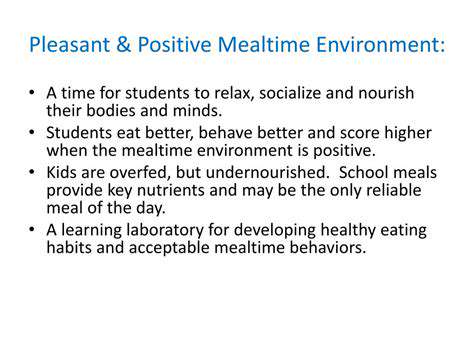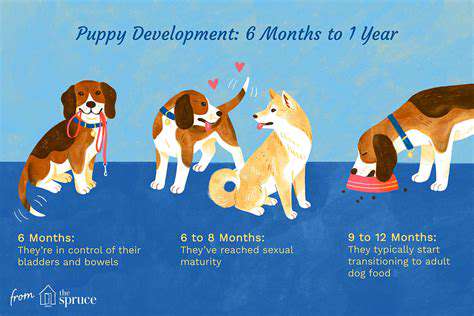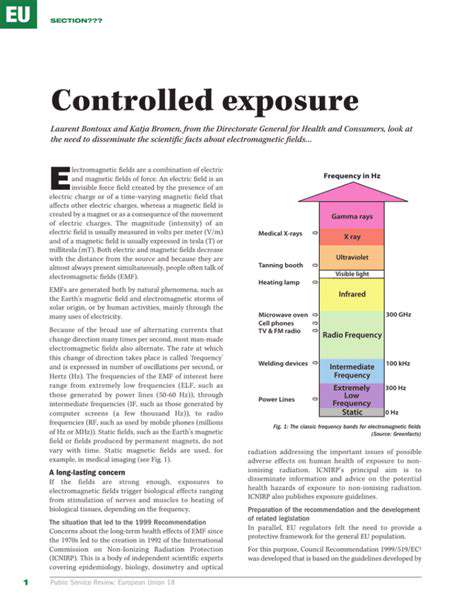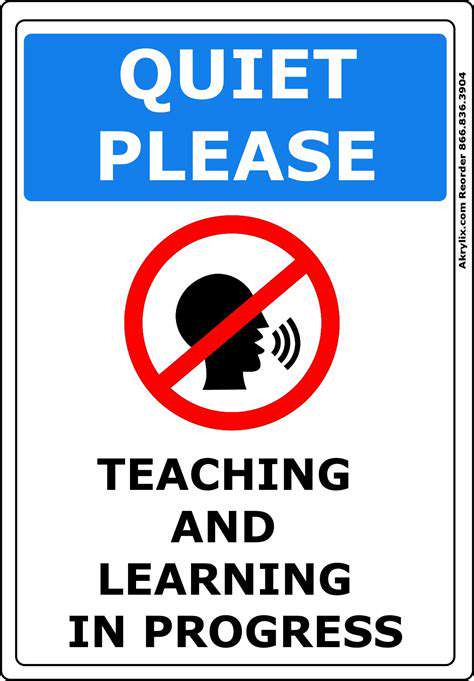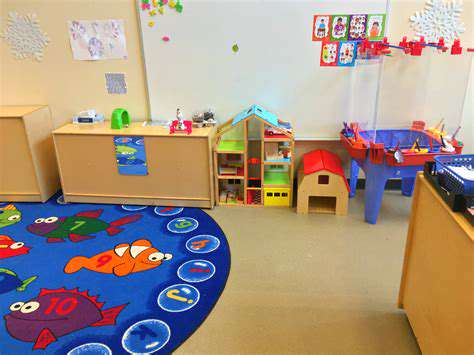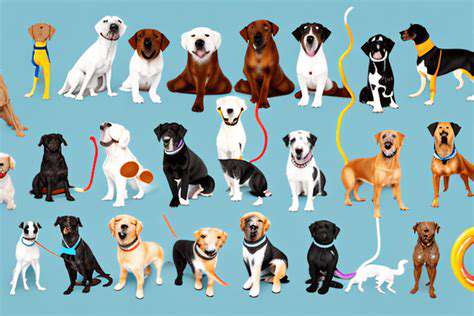Age Appropriate Training: Setting Realistic Expectations for Your Puppy
Early Socialization: Laying the Foundation
Every puppy's journey begins with early socialization, a cornerstone of their development that shapes their future behavior and emotional resilience. Between three and twelve weeks of age, puppies undergo a critical window where exposure to diverse environments, people, and animals molds their confidence and adaptability. This isn't merely about encountering new stimuli—it's about crafting positive, memorable experiences that teach puppies how to navigate the world with curiosity rather than fear.
Imagine introducing a puppy to bustling city sounds or playful interactions with other dogs. These moments, when paired with treats and gentle encouragement, transform into building blocks for a well-rounded adult dog. The key lies in controlled, joyful exposures that prevent overwhelm—think short, rewarding sessions that leave the puppy eager for more.
Positive Reinforcement Training: Shaping Desirable Behaviors
Gone are the days of punitive training methods. Modern approaches emphasize positive reinforcement, where treats, praise, or playtime reward desired behaviors. This method not only accelerates learning but also nurtures a puppy's enthusiasm for training sessions. For instance, when a puppy sits on command, an immediate treat reinforces that action, making them more likely to repeat it. Over time, this builds a language of mutual understanding between owner and pet.
Age-Appropriate Training Schedules: Meeting Developmental Needs
Puppies, like children, thrive on routines tailored to their developmental stage. A young puppy might master sit in five-minute bursts, while an adolescent can tackle more complex commands like leave it in longer sessions. Pushing a puppy too hard too soon risks burnout, whereas pacing training to their growing attention span ensures steady progress. It's akin to teaching a toddler—patience and adaptability are your greatest tools.
Understanding Puppy Temperaments: Tailoring Training Approaches
No two puppies learn alike. A bold, energetic pup might respond best to high-energy training games, while a shy one needs quieter, reassurance-based methods. Observing your puppy's unique personality—whether they're cautious, outgoing, or somewhere in between—allows you to customize techniques. This personalized approach transforms training from a chore into a bonding experience that respects their individuality.
Importance of Consistency and Patience: Building Lasting Habits
Consistency is the glue that holds training together. Using the same commands (sit vs. sit down) and rewarding behaviors uniformly prevents confusion. Meanwhile, patience acknowledges that puppies learn through repetition—just as humans do. Celebrating small wins, like a successful stay, reinforces progress and keeps motivation high for both puppy and owner.
Handling Challenges and Addressing Behavioral Issues Early
Early intervention is the best defense against persistent behavioral issues. Whether it's leash reactivity or separation anxiety, identifying triggers—like a fear of loud noises—allows for targeted solutions. Collaborating with a trainer or veterinarian can uncover root causes, whether medical or environmental, and create a roadmap for improvement. Remember, a puppy's missteps are often cries for guidance, not defiance.
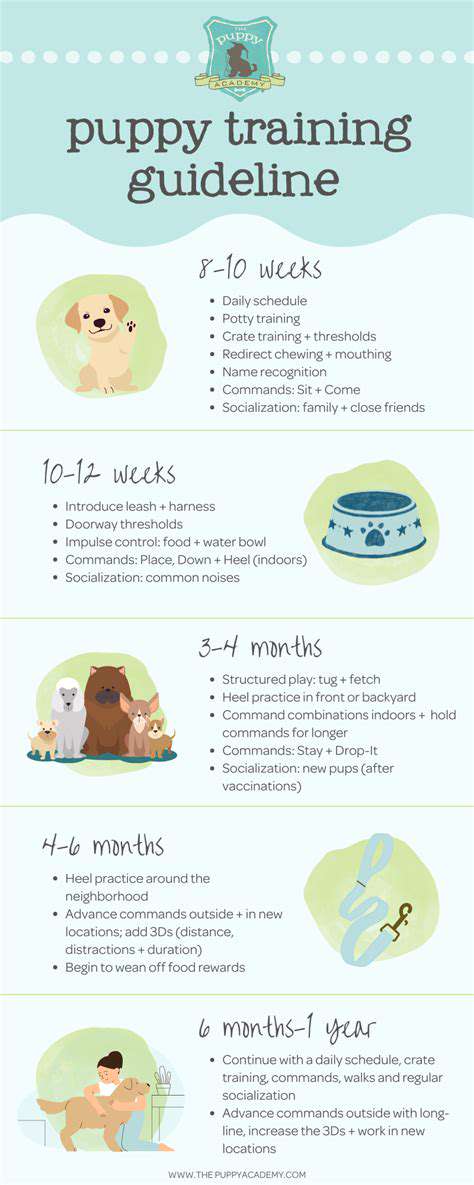
Patience and Consistency: Keys to Success
Understanding Age-Specific Needs
Just as puppies mature at different rates, so do children. Expecting identical progress from a 5-year-old and a 10-year-old ignores their distinct cognitive and emotional capacities. Effective training hinges on aligning activities with a child's developmental stage—whether they're mastering cause-and-effect or abstract thinking.
Building a Foundation of Trust and Motivation
A child's willingness to learn flourishes in environments where mistakes are growth opportunities, not failures. Intrinsic motivation—like pride in completing a puzzle—outlasts external rewards. Simple acknowledgments (You worked so hard on that!) foster resilience and a love for challenges.
Gradual Progression and Realistic Expectations
Breaking skills into bite-sized steps prevents overwhelm. For example, teaching a child to ride a bike starts with balancing, then pedaling, then steering. Each milestone, no matter how small, deserves recognition—it's the accumulation of these victories that builds competence.
Importance of Positive Reinforcement
Positive reinforcement isn't just about stickers or praise; it's about spotlighting effort. Phrases like I noticed how you kept trying validate persistence, encouraging children to embrace difficult tasks.
Addressing Challenges with Empathy and Flexibility
When a child struggles, empathy opens doors. Instead of frustration, try: This is tricky! Let's try a different way. Flexibility in teaching methods—like swapping flashcards for a hands-on game—can reignite engagement.
Creating a Fun and Engaging Learning Environment
Learning disguised as play is irresistible. Turn math into a cookie-baking measurement game or history into a costume-filled reenactment. When children associate training with joy, retention soars.
Measuring Progress and Adjusting Strategies
Regular check-ins—through observation or informal quizzes—highlight what's working and what needs tweaking. Adaptability ensures training evolves with the child's growing skills and interests.
Read more about Age Appropriate Training: Setting Realistic Expectations for Your Puppy
Hot Recommendations
- The Impact of Early Socialization on a Dog's Interaction with Other Animals
- Car Travel and Puppy Socialization: Making the Journey a Positive Experience
- The Importance of Early Environmental Exposure for Puppy Development
- Taking Your Puppy to the Vet: Positive Socialization Strategies
- Making Training a Positive Experience for Your Puppy
- Public Transportation and Puppy Socialization: A Step by Step Guide
- Safe Socialization: Allowing Others to Pet Your Puppy
- Helping a Puppy Who Struggles with "Stay"
- Positive Puppy Interactions: Making Meetings with New Friends Fun
- No Treats Needed? Training Basic Commands with Verbal Praise
